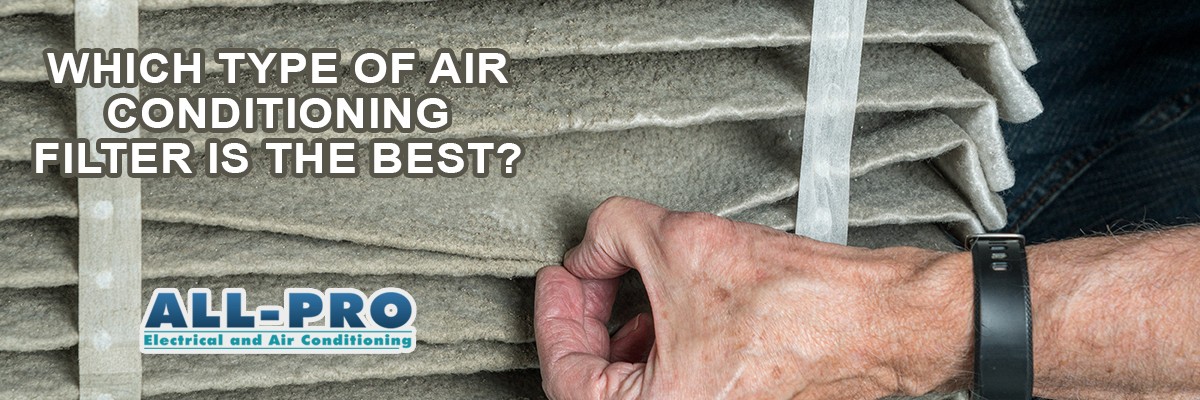How High Heat Effects Your AC
Heat waves are becoming more frequent and severe.
The results of National Aeronautics and Space Administration (NASA) experiments show that land areas on earth have become more likely to experience extreme heat.
Not only will you feel the effects when you take the kids to the park, but your air conditioner will experience it while you're cooling off at home.
Air conditioners are a type of "heat pump". That means they transfer heat from one place to another (from inside your house to outside). Normally, heat travels from a hotter area to cooler area so it naturally enters your home on a hot day. The air conditioner works to remove this heat and discharges it to the air outside.
The hotter the outdoor temperature, the harder your AC has to work. One of the effects of high heat is a drop in efficiency.
Your air conditioner efficiency drops when it has to work harder to cool your home, costing you money as your electricity consumption rises.
Since your air conditioner has to work harder and longer, it's inevitable that the lifespan of the unit will be reduced. Moving parts like the fan motor and compressor components burn out quicker and your AC needs more thorough maintenance to reduce and postpone total failure.
To help improve air conditioner's performance locate your outdoor air conditioner in a shady area, preferably with trees nearby, will allow it to run at a cooler temperature than the surrounding air. Setting the temperature inside your home to a slightly higher temperature, like 76°F (24°C) instead of the usual 72°F (22°C), will allow your unit to work less. If it's still too warm, combine your air conditioner with other means of cooling, like a standing fan or ice packs.
If your unit is close to its end of life, consider replacing it sooner. You will have the benefit of a unit that's more efficient and will reduce the risk of sudden failure on the hottest day.
Keep your AC in the best shape
Give us a call if you need to assess whether your air conditioner can handle the heat this summer and we'll help keep you cool during the worst of heat waves.












Comments